Atrial Fibrillation (AF): Understanding Symptoms, Causes, and Treatment Options
Atrial fibrillation (AF) is one of the most common heart rhythm disorders, affecting up to 3% of the population worldwide. It becomes increasingly common with age—around 10% of people over the age of 75 are affected. While AF can be a serious condition, it is also very treatable with the right care and support.
What Is Atrial Fibrillation?
Atrial fibrillation is an irregular and often rapid heart rhythm that starts in the upper chambers of the heart (called the atria). This irregular rhythm can cause the heart to beat inefficiently, leading to symptoms such as:
Palpitations (a fluttering or pounding heartbeat)
Shortness of breath
Fatigue or tiredness
Dizziness or even blackouts
Chest discomfort
In some cases, AF causes no noticeable symptoms, especially in older adults, where it may be mistaken for normal ageing or tiredness.
What Causes Atrial Fibrillation?
AF can be triggered by a range of underlying conditions and lifestyle factors, including:
High blood pressure (hypertension)
Heart valve problems or coronary artery disease (including angina or heart attacks)
An overactive thyroid (hyperthyroidism)
Obesity and excessive alcohol intake
Cardiomyopathy (a disease of the heart muscle)
Congenital heart defects
Pulmonary embolism (blood clots in the lungs)
In many cases, however, AF occurs without any identifiable cause. This is known as “lone AF.”
How Is Atrial Fibrillation Diagnosed?
AF is most commonly diagnosed with an electrocardiogram (ECG), a simple test that records your heart's electrical activity. Often, a healthcare professional can detect signs of AF just by checking your pulse. If AF is suspected, further tests such as:
A heart ultrasound (echocardiogram)
Blood tests
Long-term ECG monitoring (e.g., a Holter monitor)
may be arranged to confirm the diagnosis and check for any underlying issues.
Why Is It Important to Treat AF?
One of the most serious risks linked to atrial fibrillation is stroke. AF increases the risk of stroke by up to five times, especially in older adults or those with other medical conditions such as diabetes or heart disease.
To reduce this risk, your doctor may recommend blood-thinning medications (anticoagulants), depending on your individual risk profile.
Untreated AF can also lead to heart muscle fatigue and, over time, heart failure due to the heart working harder than normal.
Treatment Options for Atrial Fibrillation
The good news is that atrial fibrillation is treatable, and many people manage it well with proper care. Treatment plans are tailored to each individual and may include:
Lifestyle Changes:
Cutting down on alcohol
Losing weight if overweight
Managing stress
Treating sleep apnoea
Medications:
Drugs to control heart rate
Drugs to restore or maintain normal rhythm
Anticoagulants to reduce stroke risk
Procedures:
Cardioversion – using electrical stimulation to restore normal rhythm
Catheter ablation – a minimally invasive procedure that targets the areas in the heart causing the irregular rhythm
Pacemaker implantation, in some cases
Your treatment will depend on your overall health, the type of AF you have, and how much it affects your life.
Is Atrial Fibrillation More Common in People who exercise?
Yes, atrial fibrillation (AF) can be more common in people who do a lot of endurance exercise, particularly long-term high-intensity endurance athletes such as marathon runners, cyclists, or rowers.
Here’s why:
Chronic strain on the heart: Prolonged, intense exercise can cause enlargement of the atria, which are the upper chambers of the heart where AF originates.
Increased vagal tone: High levels of fitness often come with increased vagal tone (the influence of the vagus nerve on the heart), which may promote AF in some individuals, especially at rest or during sleep.
Inflammation and fibrosis: Repeated long-term endurance training may contribute to low-level heart inflammation and scarring, which can disrupt the heart’s electrical signals.
However:
Moderate regular exercise is protective. The majority of people benefit greatly from regular physical activity—it reduces the risk of heart disease, stroke, and many chronic conditions.
The risk seems to rise only with very high volumes of endurance training over years, not with typical gym workouts, running, or recreational exercise.
If someone is experiencing symptoms like palpitations or irregular heartbeat after exercise, it’s worth discussing with a doctor, especially if they have a long history of intense endurance sports.
Get Help and Support
If you or a loved one has been diagnosed with AF, it's important to know you're not alone—and you have options. For more detailed information and resources, the British Heart Foundation (BHF) provides excellent patient support and educational materials: Visit the BHF website
Need Expert Help?
If you’ve been diagnosed with atrial fibrillation and would like a specialist opinion or help managing your condition, I would be happy to assist you. Together, we can find the treatment plan that’s right for you.

